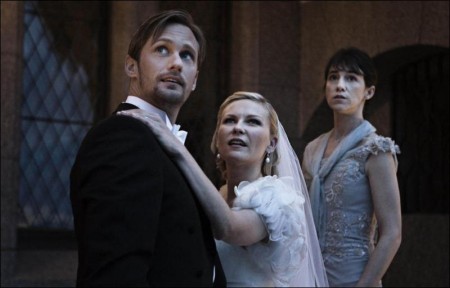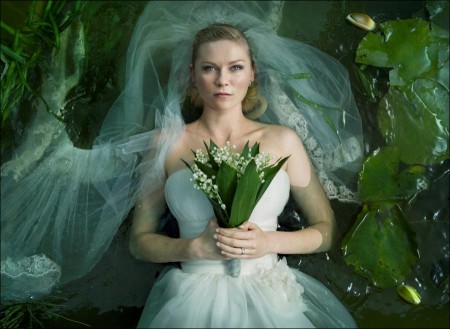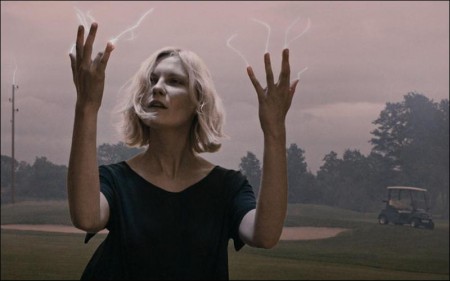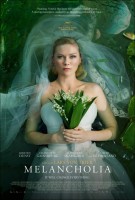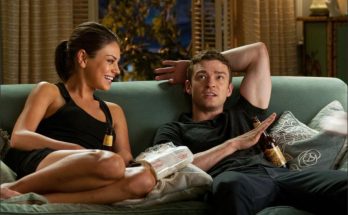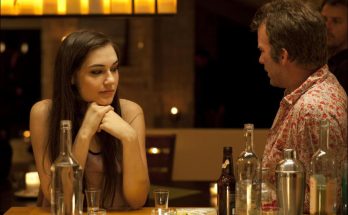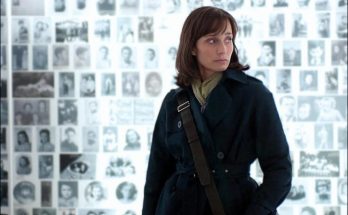Taglines: Enjoy it while it last.
Melancholia is a science fiction drama film written and directed by Lars von Trier, starring Kirsten Dunst, Charlotte Gainsbourg and Kiefer Sutherland. The narrative revolves around two sisters in dispute while the life of the planet is threatened as a rogue planet approaches, portending a deadly collision.
Trier’s main idea for the film was to dramatise how a depressive person reacts more calmly than others in a situation of high stress. The film was a Danish majority production through Zentropa, with international co-producers in Sweden, France, Germany and Italy. Filming took place in Sweden. The film makes references to romantic art and prominently features Richard Wagner’s overture from Tristan und Isolde.
The film begins with an introductory sequence, with a number of stylised images of the main characters as well as images from space. The end of the world is shown in the form of a collision between Earth and a larger planet. Melancholia is thereafter divided into two parts.
In part one, called Justine, the young couple Justine and Michael are getting married at a castle, but the party is far from successful, as Justine’s divorced parents, Dexter and Gaby, are openly fighting at the dinner. Justine herself is both alienated from her sister, her new husband, her boss and her parents. She drifts away from the party, and becomes increasingly sad and desperate during the night.
At several occasions, she looks at a specific star, which seems to shine brighter than normal. Claire’s husband John says it is the star Antares, and later in the film the star disappears. At the end of the party, Michael leaves Justine, implying that their marriage is called off.
In part two, called Claire, Justine has initially become severely depressed. She visits Claire and John, who live in the same castle with their son Leo. To begin with, Justine is unable to do normal everyday things like taking a bath or eat, but becomes more confident over time.
It has been revealed that the reason for Antares’ disappearance was the rogue planet Melancholia, which had previously been hidden behind the sun, had eclipsed the star. At the same time, Melancholia, a blue telluric planet (or super-earth), has become visible in the sky. John, being very keen on astronomy, is excited about the planet, and looks forward to the so-called “fly-by”, as Earth and Melancholia are supposed to pass by each other without collision.
Director’s Statement – Lars von Trier
It was like waking from a dream: my producer showed me a suggestion for a poster. “What is that?” I ask. ”It’s a film you’ve made!” she replies. “I hope not,” I stammer. Trailers are shown… stills… it looks like shit. I’m shaken.
Don’t get me wrong… I’ve worked on the film for two years. With great pleasure. But perhaps I’ve deceived myself. Let myself be tempted. Not that anyone has done anything wrong… on the contrary; everybody has worked loyally and with talent toward the goal defined by me alone. But when my producer presents me with the cold facts, a shiver runs down my spine.
This is cream on cream. A woman’s film! I feel ready to reject the film like a wrongly transplanted organ.
But what was it I wanted? With a state of mind as my starting point, I desired to dive headlong into the abyss of German romanticism.
Wagner in spades. That much I know. But is that not just another way of expressing defeat? Defeat to the lowest of cinematic common denominators? Romance is abused in all sorts of endlessly dull ways in mainstream products.
And then, I must admit, I have had happy love relationships with romantic cinema… to name the obvious: Visconti!
German romance that leaves you breathless. But in Visconti, there was always something to elevate matters beyond the trivial… elevate it to masterpieces!
I am confused now and feel guilty. What have I done?
Is it ‘exit Trier?’ I cling to the hope that there may be a bone splinter amid all the cream that may, after all, crack a fragile tooth… I close my eyes and hope!
Lars von Trier, Copenhagen, April 13, 2011.
Melancholia
Directed by: Lars von Trier
Starring: Kirsten Dunst, Charlotte Gainsbourg, John Hurt, Kiefer Sutherland, Charlotte Rampling, Alexander Skarsgård, Jesper Christensen, Stellan Skarsgård
Screenplay by: Lars von Trier
Production Design by: Jette Lehmann
Cinematography by: Manuel Alberto Claro
Film Editing by: Molly Marlene Stensgaard
Costume Design by: Manon Rasmussen
Art Direction by: Simone Grau
MPAA Rating: R for some graphic nudity,sexual content and language.
Studio: Magnolia Pictures
Release Date: November 11, 2011
Hits: 88
